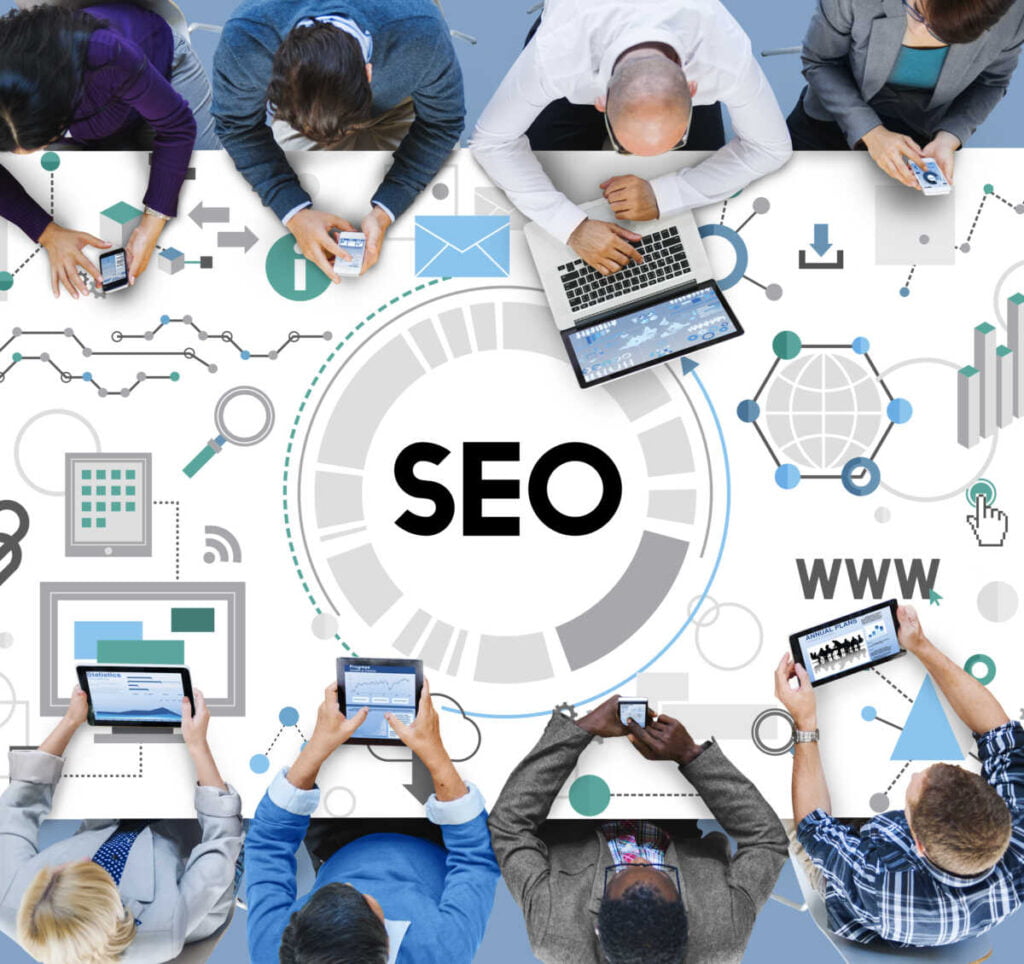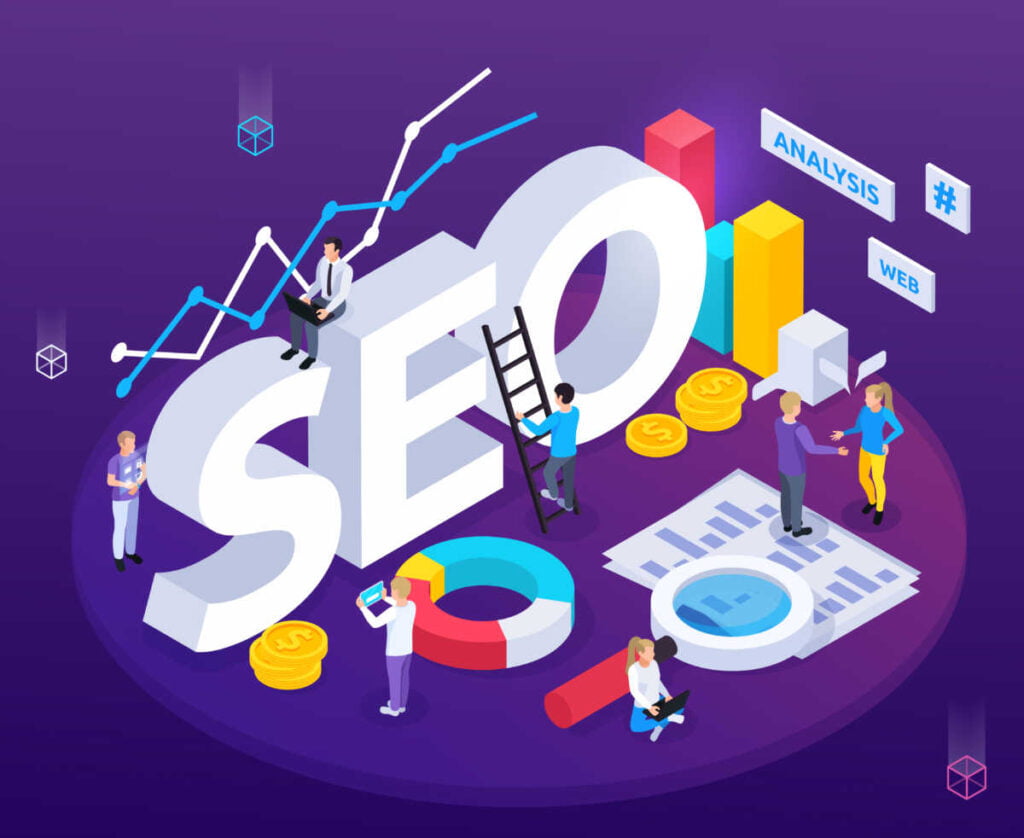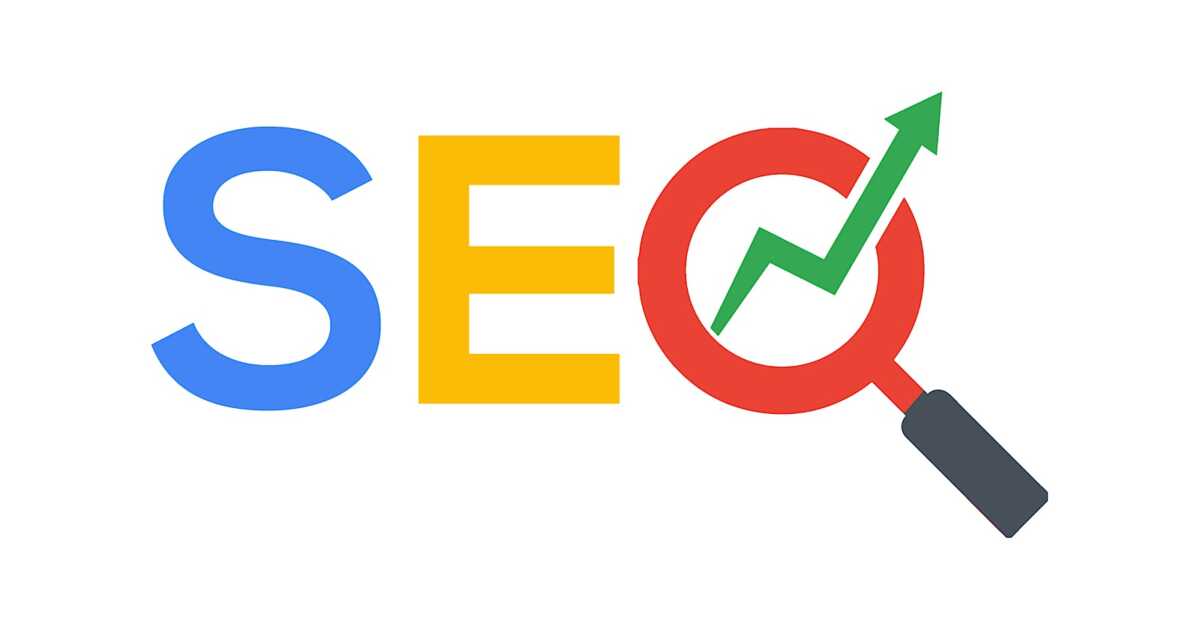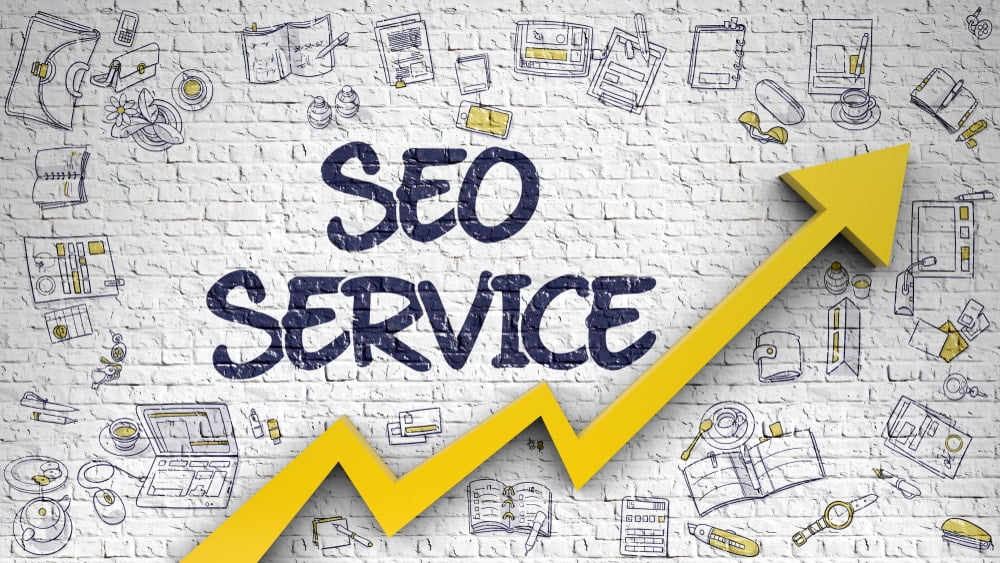webexpert.cloud
Professional SEO services
Table of Contents
Professional SEO services

Professional SEO Services: Unlocking the Power of Digital Success

In today’s digital age, the online presence of a business can make or break its success. As search engines continue to evolve, the need for effective SEO (Search Engine Optimization) becomes more pronounced. In this article, we will delve into the world of professional SEO services, exploring their significance, key components, benefits, and how they work to elevate your online visibility and success.
I. Introduction
A. Brief Overview of SEO

Professional SEO services
B. Importance of Professional SEO Services
While basic SEO knowledge is accessible, professional SEO services bring a level of expertise and strategy that can significantly impact a business’s digital presence.
II. What Sets Professional SEO Services Apart

A. Expertise and Experience
Professional SEO services often come with a team of experts who have a deep understanding of search engine algorithms and industry trends.
B. Customized Strategies
One size does not fit all in SEO. Professional services tailor strategies to the unique needs and goals of each client.
C. Utilization of Latest Tools and Technologies
Staying ahead in the digital landscape requires leveraging cutting-edge tools and technologies, a forte of professional SEO services.
III. Key Components of Professional SEO
A. On-page Optimization
Optimizing individual pages for search engines, including content, meta tags, and keyword placement.
B. Off-page Optimization
Building a reputable online presence through backlinks, social signals, and other external factors.
C. Technical SEO
Addressing technical aspects like website speed, mobile responsiveness, and site architecture.
D. Content Optimization
Ensuring high-quality, relevant content that aligns with search intent and engages the audience.
IV. Benefits of Professional SEO Services
A. Improved Website Visibility
Professional SEO enhances your website’s visibility, ensuring it appears prominently in search results.
B. Increased Organic Traffic
Targeted optimization strategies lead to a boost in organic traffic, reaching the right audience.
C. Higher Search Engine Rankings
Climbing the search engine rankings increases credibility and trust among users.
D. Better User Experience
SEO is not just about search engines; it’s about enhancing the user experience, leading to higher satisfaction and retention.
V. How Professional SEO Services Work
A. Initial Website Analysis
Thorough assessment of the current state of the website, identifying strengths and weaknesses.
B. Strategy Development
Crafting a customized SEO strategy based on the analysis and client’s goals.
C. Implementation and Monitoring
Executing the strategy and continuously monitoring performance, making adjustments as needed.
D. Regular Performance Reviews
Providing clients with transparent reports on the progress and effectiveness of the SEO campaign.
VI. Choosing the Right SEO Service Provider
A. Research and Reviews
Conducting thorough research, reading reviews, and seeking recommendations to find a reliable SEO partner.
B. Customized Solutions
Choosing a provider that offers tailored solutions, understanding the unique needs of the business.
C. Transparent Communication
Effective communication is key. Choose an SEO service provider that keeps you informed and involved in the process.
VII. Case Studies: Success Stories
A. Highlighting Successful SEO Campaigns
Real-world examples showcasing the positive impact of professional SEO on businesses.
B. Positive Impact on Businesses
Demonstrating how improved online visibility translates into business success and growth.
VIII. Common SEO Challenges and Solutions
A. Dealing with Algorithm Updates
Adapting strategies to navigate the ever-changing landscape of search engine algorithms.
B. Competing in a Saturated Market
Strategies to stand out and compete effectively in a highly competitive online market.
C. Adapting to Changing Trends
Staying ahead by incorporating the latest SEO trends and industry shifts.
IX. Future Trends in SEO
A. Voice Search Optimization
The rising importance of optimizing for voice searches as more users adopt voice-enabled devices.
B. Mobile-First Indexing
The shift towards prioritizing mobile-friendly websites for better user experience.
C. AI and Machine Learning in SEO
Exploring how artificial intelligence and machine learning are reshaping SEO strategies.
X. The Cost of Professional SEO Services
A. Understanding Pricing Models
Breaking down common pricing models and understanding what you’re paying for.
B. Return on Investment (ROI)
Assessing the long-term benefits and return on investment that professional SEO services can deliver.
XI. DIY vs. Professional SEO: Pros and Cons
A. Assessing the Feasibility of In-House SEO
Weighing the pros and cons of managing SEO in-house versus outsourcing to professionals.
B. Comparing Costs and Benefits
Understanding the costs involved in both DIY and professional SEO and evaluating the potential benefits.
XII. Client Testimonials
A. Real Experiences with Professional SEO Services
Sharing firsthand experiences of clients who have benefited from professional SEO services.
B. Positive Feedback and Success Stories
Highlighting positive feedback, success metrics, and tangible results achieved through SEO campaigns.
XIII. The Role of Content in SEO
A. Importance of Quality Content
Exploring how high-quality content forms the backbone of successful SEO strategies.
B. Content Marketing Strategies
Integrating content marketing into SEO for a holistic approach to digital success.
XIV. Staying Informed: SEO Resources
A. Reliable Blogs and Websites
Pointing readers to reputable sources for staying updated on SEO trends and best practices.
B. Continuing Education in SEO
The importance of ongoing learning and professional development in the dynamic field of SEO.
XV. Conclusion
A. Recap of Key Points
Summarizing the crucial aspects of professional SEO services discussed in the article.
B. Encouragement to Invest in Professional SEO Services
Emphasizing the long-term benefits and the transformative power of professional SEO for businesses.
FAQs
- Q: How long does it take to see results with professional SEO services?
- A: The timeframe varies, but many businesses start seeing noticeable improvements within a few months.
- Q: Are professional SEO services only for large corporations?
- A: No, businesses of all sizes can benefit from professional SEO services, tailored to their specific needs.
- Q: Can I do SEO for my website on my own?
- A: While basic SEO tasks can be done in-house, the expertise of professionals often leads to more significant results.
- Q: What is the significance of content in SEO?
- A: Quality content is crucial for SEO success, as it engages users and aligns with search engine algorithms.
- Q: How do I choose the right SEO service provider for my business?
- A: Research thoroughly, read reviews, and choose a provider that aligns with your business goals and values.



















